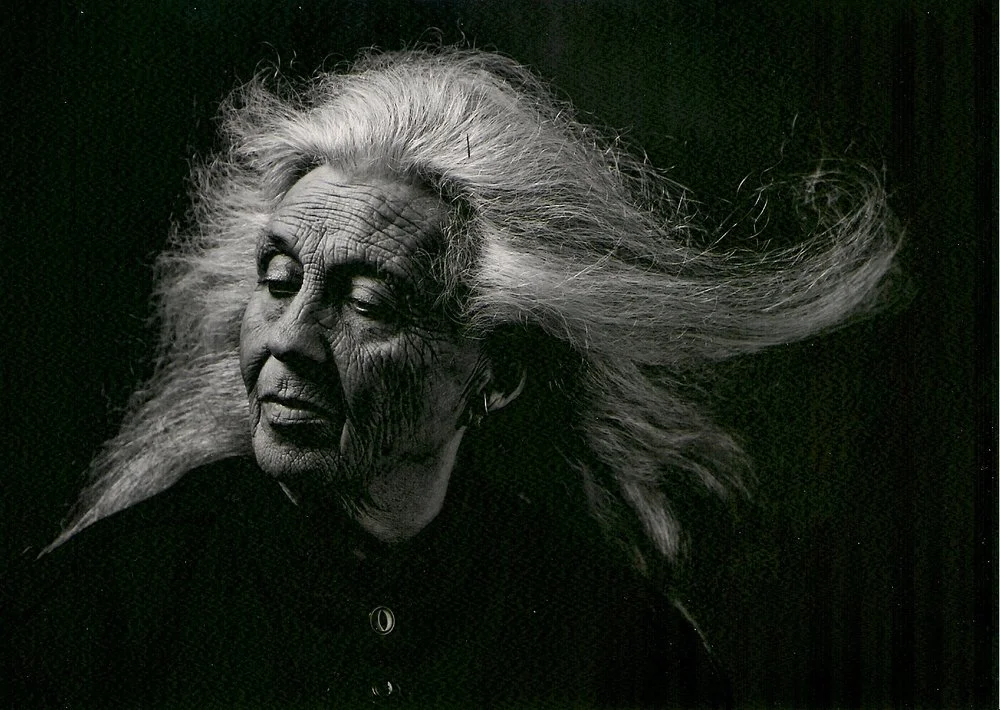The New Face of Feminism
A few weeks ago, after the passing of famed country singer-song writer Loretta Lynn, I wrote about how many of her song lyrics portrayed the struggles of women. (If you missed it, you can find that editorial here: https://www.lisa-hare.com/blog/in-a-womanswords )
After that editorial was published, and the subsequent conversations and comments regarding “fear of feminism,” I have felt the need to elaborate on what, exactly, that is and even more importantly, the conversations we need to now be having, regarding feminism.
It’s a contentious word: feminism. It’s a strong word that instantly stirs up a wide range of thoughts and feelings among men and women, alike. Webster’s definition for feminism is “the advocacy of women's rights on the basis of the equality of the sexes.”
Well, that right there, for me, is a problem. The fact that the very basis of the definition of the word is flawed, may well be a huge part of the reason so many have had trouble openly embracing the idea of feminism.
To set the record straight, let’s begin with honesty. There is no such thing as “equality of the sexes.” Biology trumps all ideology on this one. By the nature of our physiology, biochemistry, and genetic composition, men and women are different. Without even getting into the murky waters of generalized tendencies and characteristics of each gender, we can all agree that women and men are made differently, so any argument for rights based on our sexual equality is moot. As long as women are the sole gender to bear and nurse the young of our species, we can’t say we are the same as men.
Here’s an idea: How about equal privileges and freedom for women based on human rights? Not only would that probably be more palatable for the present patriarchal power structure, but it speaks to the clearer truth of honoring women as women. Put another way: it’s arguably more damaging to the feminist cause that a woman be given the same rights as her male counterpart on the basis that she is his equal. That, I believe, is what we’ve been seeing play out since the last wave of the feminist movement surged through American culture in the late ’80s and early ’90s.
Evidence of this skewed version of feminism has shown up in our current mythologies (movies and novels) as the female warrior archetype. Swashbuckling, sword-wielding he-woman protagonists that exhibit masculine qualities, slash and pound their way to overpower their nemesis. Presumably equal in might and physical strength as any man, this warrior woman has also manifested her presence in corporate boardrooms, military installations and the upper echelons of the political realms.
To be clear, I am in no way saying that women don’t belong in these places, but it demeans us, as a gender, to show up to these roles as women in drag, so to speak—acting from, and responding with, masculine behavior in order to win our seat at the table.
But most change happens in stages. That was the phase that got women the right to vote, the opportunity to enter the boardroom to begin with, the chance to leave the kitchen. That was also the stage where, after millennia of female oppression and servitude, the pendulum swung a little too far the other way into male-bashing and, ironically, further exaggerations of the presumed superiority of masculine power. After internalizing the ages-old message of female inferiority, women’s initial response was to try to beat men at their own game by becoming just as good as the next man at all the traditionally male-held roles.
But the time has now come in the evolution of feminism to re-write its definition to show equal value to both masculine and feminine qualities—aspects that exist in every person, regardless of gender.
True feminism is the recognition of, and advocacy for, the feminine forms of power and influence, and their importance in the world. From home hearth to White House, it is this missing element that has us unbalanced, divided and misaligned. Our masculine dominance has given us power to defend, conquer and overcome, but without the balancing strength of conscientiousness through reflection and consideration toward future generations (think: grandmother wisdom) we have become more like the spoiled boy-king bully on the block, rather than the respected, honorable and wise leader of nations we strive to be. Feminine power does not move the world through force. It tethers the masculine powers to life, directs them toward love, and keeps them grounded in a grander purpose than simply warring for the sake of winning at any cost.
Here now is the opportunity for a new brand of feminism to rise. A movement that advocates for women to be able to show up in any arena, unabashedly, in all their female glory. A movement that values feminine forms of power as a necessary and crucial counterbalance to our well-developed masculine strengths. A crusade to crush the destructive narrative that teaches girls their main value lies in their sexual accessibility and potential to procreate, and that once they’re past their sexual prime, their very limited value ends altogether. It’s a cause that holds us all—from the wild-hearted little girls to the wizened old crones—in inestimable esteem, not despite being feminine, but because of it, and the healing qualities that softer strength has to offer this bruised and bewildered world.
A movement like that, by any name, that seeks to restore a more humane, balanced and conscientious approach to our practices and policies is a movement I could certainly get behind. Even if it was called feminism.


